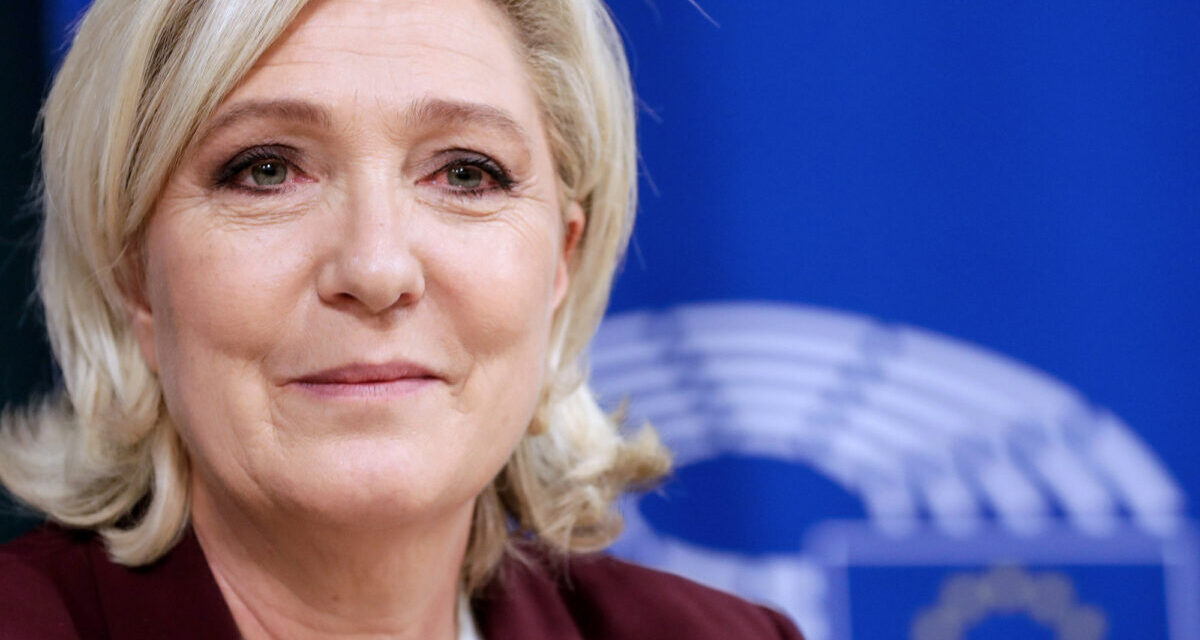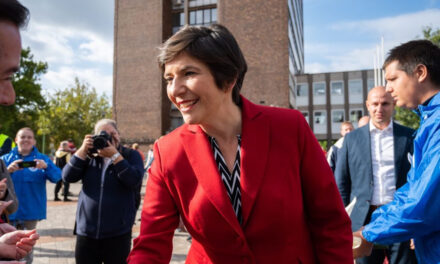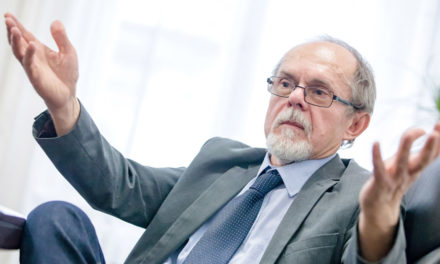– How do you evaluate the advance of the Alternative for Germany (AfD)? Is the party still only popular in East Germany?
- The two formations based in East Germany, the AfD and the left-wing Sahra Wagenknecht Alliance (BSW), were able to profit from the protest votes. AfD's base is still the strongest in the five East German states, but the party's support is already well over 10 percent in several places in the western part of the country. Tino Chrupalla and Alice Weidel (co-presidents of the AfD - ed.) also reached 15 percent in Bavaria. The AfD is relevant in more and more provinces, and is the second force nationally. We saw something similar in 2017, when the AfD was the second largest faction and the largest opposition party in the Bundestag. It was then that the left-wing parties began to dismantle the party they labeled as far-right.
– Apart from acts of violence linked to migrants, what could have caused this increase?
- An important change is that the AfD is increasingly popular among young people, similar to Marine Le Pen's party, the National Compact in France. But similar processes can also be observed in Austria, where the right-wing, anti-immigration Freedom Party (FPÖ) won Sunday's election. The characteristic of protest voters is that they do not stand for something, but vote against something. Five years ago, young Germans voted for another radical climate activist, Greta Thunberg, but now for the new protest party, the AfD. The background of this is the lack of social prospects, especially the difficulties of getting the first apartment, this is especially true in Germany or Italy. An interesting change is that, in addition to young people, a large part of the workers also voted for the AfD. Previously, this social group typically supported pro-immigration left-wing parties.
- Markus Söder, leader of the Christian Social Union (CSU), urged straight forward elections after Sunday's EP elections. Is this realistic in light of the fact that the date of the next Bundestag election has already been set for next September?
- Söder probably thinks that the chairman of the allied CDU, Friedrich Merz, will "take away" the chancellorship, and he will follow after that. On Sunday, Söder referred to Emmanuel Macron, who announced almost immediately after the results were announced that he would dissolve the National Assembly and call new elections in France. Both German conservative party leaders are also aware that the aforementioned protest votes may not be long-term, so they are trying to make political capital out of them while the support lasts. The CDU did not win much in the EP elections, but it retained support of around 30 percent. Their goal may be to maintain this level.
- Prime Minister Viktor Orbán predicted months ago that Europe would turn to the right. In addition to Germany, the right advanced or consolidated its positions in Austria, Italy, Belgium, Spain, Greece and Finland. What is the next step?
– Where there is a left-wing government, such as in Germany or Spain, or a right-wing government with strict policies (for example in Italy), the right-wing has strengthened everywhere in the EP elections. I see the problem in the fact that Giorgia Meloni's party, the Italian Brothers (Fratelli d'Italia), or the National Compact led by Marine Le Pen will sooner or later make a deal with the EPP to consolidate its positions in the European Parliament. They will continue to cooperate with the weakened social democrats and liberals, and will only seek allies on the right on certain issues, such as migration or the war in Ukraine. In this sense, people voted for Meloni or Le Pen in vain: in order for them to come to power or stay in power in the EP, they have to agree with the globalists.
Source: hirado.hu
Cover photo: Marine Le Pen, president of the French right-wing National Reconciliation (RN) party - MTI/EPA/Stephanie Lecocq













